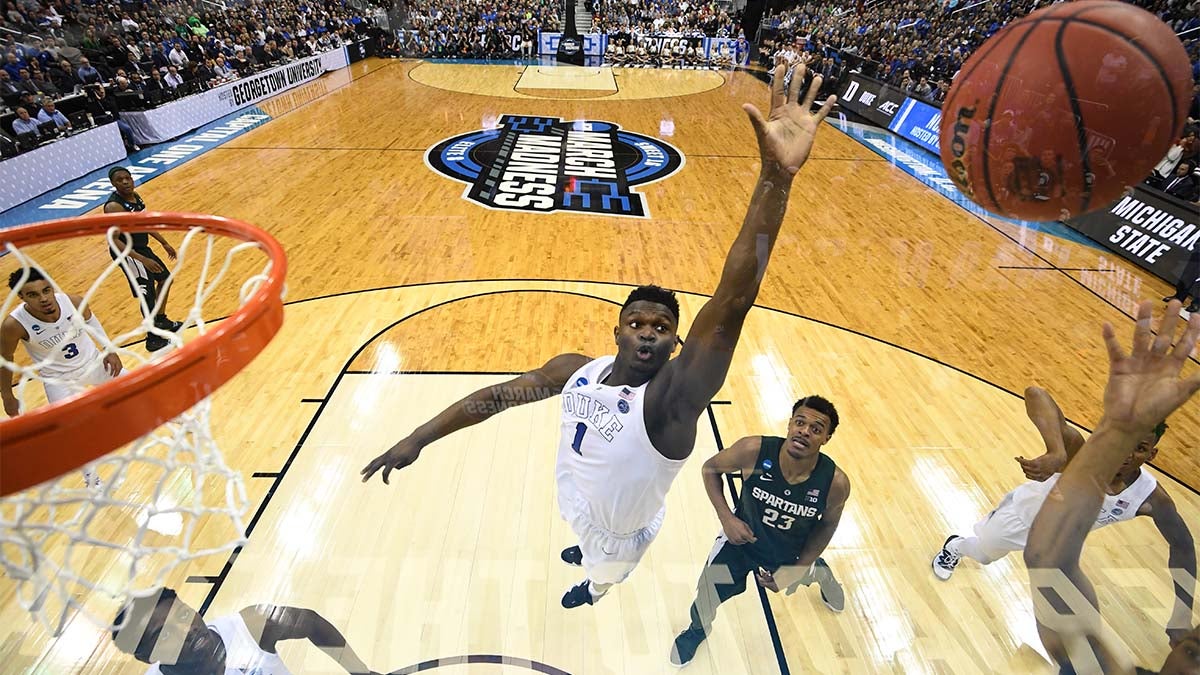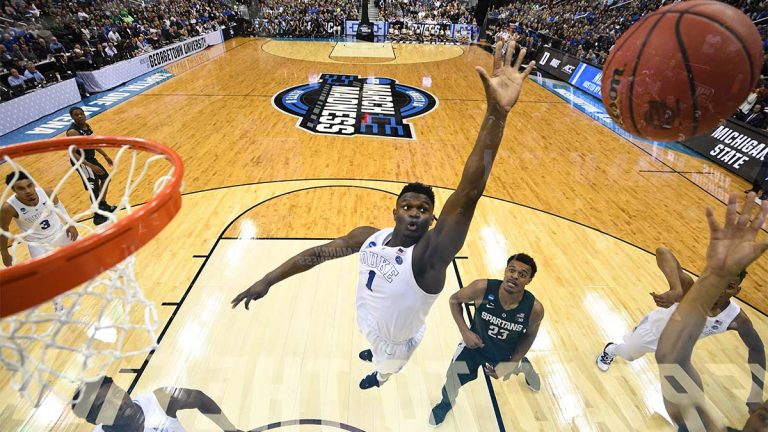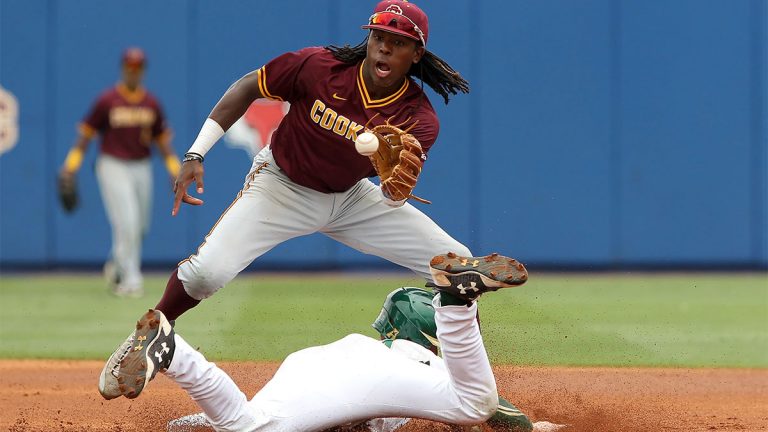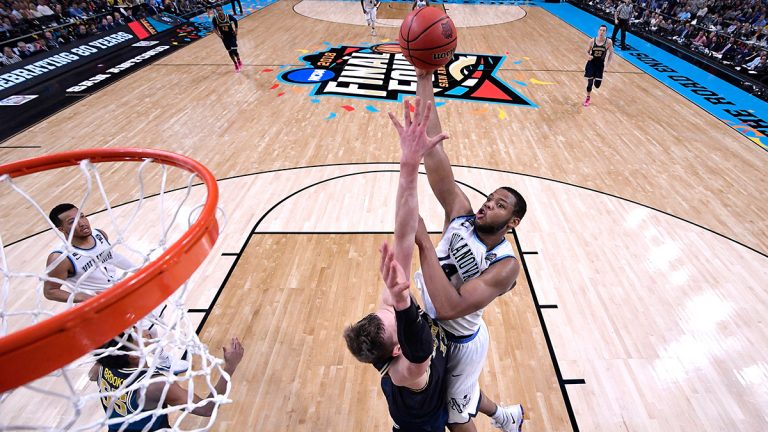Survey shows student-athletes feel taken advantage of by NCAA
Why this matters
What are the underlying reasons scholarship NCAA student-athletes feel that they are being taken advantage of?
A recent College Pulse poll found that 89 percent of varsity NCAA athletes feel taken advantage of by the NCAA.
This is not a new sentiment. For years, there have been calls for the NCAA to compensate student-athletes. College Pulse also found that 84 percent of students in general feel that student-athletes are being taken advantage of by the NCAA with 43 percent of these students somewhat agreeing that the NCAA has been exploiting these athletes. An additional 41 percent strongly agree.
Why do students and student-athletes feel that way?
Revenue Generating vs. Non-Revenue Generating Athletics
Victoria Jackson is a former distance runner at the University of North Carolina and Arizona State University. When the clinical assistant professor of history at Arizona State is asked how her collegiate career was different from that of a revenue-sport athlete, she explained how lucky she was in terms of the specific sport she was involved in.
“So I never thought of it at the time, but now that I study this stuff, I was really lucky that I was a distance runner, because there’s a limit to how much you can run every week,” Jackson said. “If you run more than that, then you’re going to get injured. So, I never spent more than 20 hours a week on sports.”
As a non-revenue sport athlete, Jackson said she didn’t feel the same pressure other athletes did. She enjoyed her athletic experience, and it gave her the opportunity to have the college experience she was seeking.
For an athlete in a high-profile sport like football, the collegiate experience can be very different. Chris Kluwe is a former punter for UCLA, who went on to play in the NFL for eight seasons. He said he struggled to find time for things other than football.
“If we’re demanding eight, 10 hours a day from our athletes to do stuff, it doesn’t leave a whole lot of time for school work,” Kluwe said. “So you really don’t get that academic experience.”
Kluwe said he had to change his major to political science, and then later history because getting a computer science degree was just too much while also dealing with the commitment and fatigue from football.
“I went to UCLA, which is obviously a DI school, and has a lot of history and a lot of background,” Kluwe said. “And you would see the other sports like gymnastics, softball, and women’s volleyball; those are all sports that the school expected those athletes to perform at a championship level, but they weren’t getting nearly the amount of facilities, and money, and attention as the football team and the men’s basketball team. So absolutely I can see that students are feeling that they are being taken advantage of.”
Academic Injustice
Jackson pointed out that universities spend money on education for their athletes, but some of their specific actions may not be in the best interest of the athletes.
For instance, one way athletic departments spend money on education is on tutors or athletic study halls, but Jackson feels this might not be the best use of that money.
“It’s done from a good place, but it’s ultimately hurting athletes because they lose a sense of independence,” Jackson said. “They’re not kind of given the opportunity to make this transition from adolescence to young adulthood, where you learn how to make a doctor’s appointment, where you learn how to book a flight, where as in athletics, so many of those things are done for the athlete. And then you feel guilty for not knowing.”
“My sport sucked money and resources from the institution, but I got the benefit from it. That system works for athletes like me,” Jackson added.
She said that it doesn’t work, however, for the revenue-generating athletes, who are providing those opportunities, but don’t have the chance to enjoy the fruits of their labor.
She suggested lifetime scholarships to athletes, to get rid of the pressure to finish their degree on time, because asking them to commit to a full educational experience while spending 50 to 60 hours a week on sports is too much.
Kluwe’s solution was slightly different, however, in that he believes athletes should go to their school first for solely athletics, and then receive the opportunity afterwards to go to that school for education if they want.
“We have to get away from the idea of the student-athlete, because as modern sports have progressed, the athlete part of it is the full-time job,” he said. “It’s unreasonable to expect 18 to 21 year olds to be both students and athletes at the same time. There’s just not enough hours in the day.”
Racial Standards
College athletics are given the title of "amateurism." However, it’s worth noting that sometimes non-revenue sport athletes are able to make money through their performance in the Olympics, and return to school with no harm done to their amateur eligibility.
Ever since 2001, NCAA athletes have been able to accept money earned from Olympic performances through the Operation Gold program. The program awards money to medal-winning Olympic athletes, or similar international competition in non-Olympic years.
The Fair Pay to Play Act recently enacted in California gives student-athletes in that state the opportunity to be compensated for their names and likenesses, something that the NCAA currently does not allow. The law will take effect Jan. 1, 2023.
Jackson said that part of the reason the NCAA wants to retain the ‘amateur’ title is because if the athletes are making money off of their sport, the colleges believe that student-athletes may stop valuing their education.
“This idea that (athletes profiting off of their names and likenesses) would somehow harm their ability to get a degree is dangerous,” Jackson said. “Those types of statements are dangerous to make, because there’s an underlying kind of racial assumption in there. The majority of athletes in revenue-generating sports in the Power 5 (conferences) are black, and if you’re saying; ‘Oh, well they won’t care about school anymore because they’re making some money,’ you’re entering dangerous terrain because we do allow non-revenue sport athletes who participate in the Olympics to keep their prize money and return to school with their amateur eligibility intact. And those arguments were never put forth.”
She also shared an unfortunate experience she noticed happening in her time as a runner at UNC.
“When I was at North Carolina, unknown to us at the time, the athletes in the revenue generating sports were being channeled into fake classes,” Jackson said. “So I can point to black male athletes, whose ‘labor’ on the football field or the basketball court paid for my scholarship and my elite athletic experience, but they were denied the education we were all promised. And that’s really troubling.”
It’s unfortunate that this is happening, but it is certainly another contributing factor as to why athletes may feel exploited.
Evan Desai is a senior sports journalism major at Arizona State University






